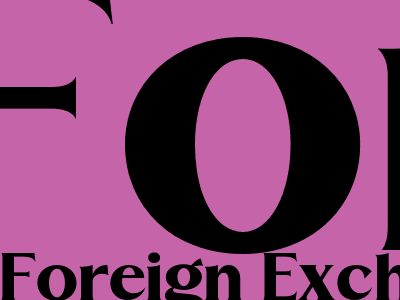
Foreign Exchange Market Shows Signs of Volatility Amidst Global Economic Uncertainty
Overview
The foreign exchange (forex) market, the world's largest financial market, has recently been experiencing increased volatility as global economic uncertainty weighs on investor sentiment.The forex market is a decentralized global marketplace where currencies are traded. Its size and liquidity make it an attractive market for investors, speculators, and businesses seeking to exchange currencies for various purposes such as international trade, tourism, and investment.
Factors Driving Volatility
A confluence of factors has contributed to the current volatility in the forex market. One significant factor is the ongoing COVID-19 pandemic, which has disrupted global supply chains, dampened economic growth, and increased uncertainty among investors.
Another factor is the geopolitical tensions, particularly the ongoing conflict in Ukraine. The war has created significant uncertainty and risk aversion, leading investors to seek safe-haven currencies such as the US dollar.
Impact of Volatility
The increased volatility in the forex market has had several consequences. It has made currency valuations less predictable, increasing the risk for businesses engaged in international trade or investment.
Furthermore, heightened volatility can create opportunities for speculators to profit from rapid currency movements. However, it also amplifies the potential for losses, emphasizing the need for careful risk management.
Outlook and Implications
The outlook for the forex market remains uncertain as various factors continue to shape the global economic landscape. However, experts believe that volatility may persist in the near term as investors navigate geopolitical risks and economic uncertainties.
For businesses, navigating currency volatility requires a comprehensive understanding of the risks involved and employing effective risk management strategies. Importers and exporters should consider hedging against unfavorable currency movements, while investors can diversify their portfolios to mitigate risk.
Conclusion
The foreign exchange market is experiencing increased volatility amidst global economic headwinds. Factors like the COVID-19 pandemic and geopolitical tensions have created uncertainty and risk aversion among investors.
The volatility has implications for businesses engaged in international trade and investment, as well as speculators and investors seeking to profit from currency movements.
Effective risk management and a comprehensive understanding of the market are crucial for navigating the challenges posed by forex volatility.